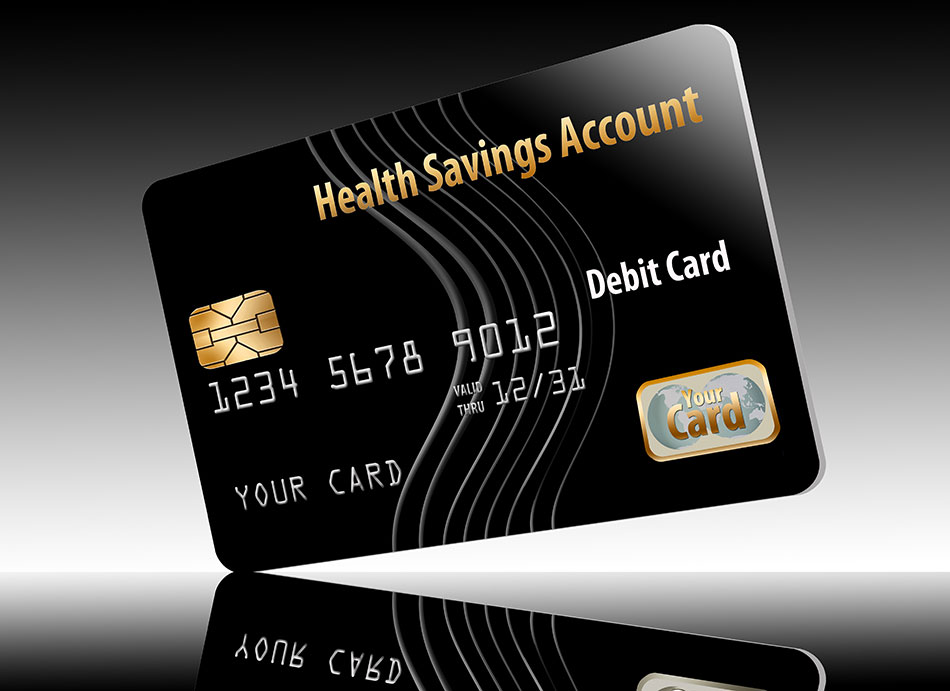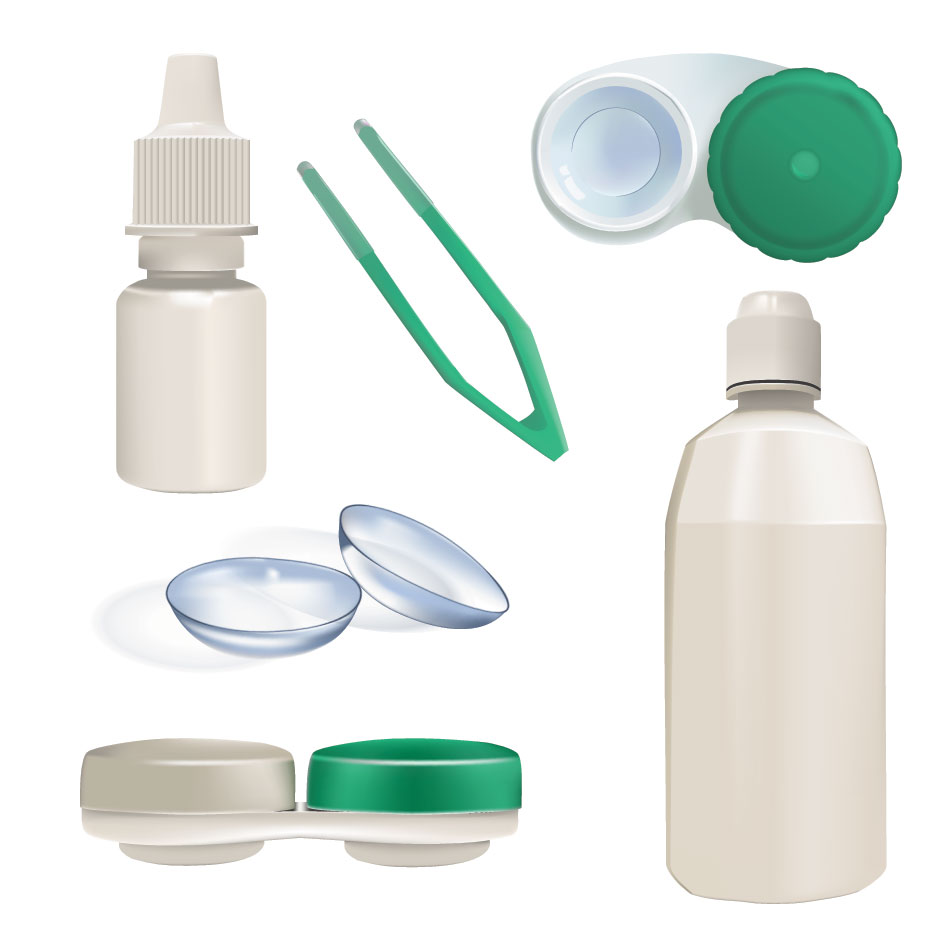FSA and HSA Contact Lenses: How to Take Advantage of Your Benefits

Did your company mention something about FSAs or HSAs during your orientation or a recent company meeting? And did it leave you totally curious to learn more?
An FSA or HSA is an account that many health insurance companies provide for you. With these accounts, you can set aside pre-tax money to use on approved medical uses. These uses generally include copays, certain medical practices and over-the-counter medications. Various medical equipment, and of course, eyewear, are usually included as well.
If you're a contact lens wearer, you can rejoice. Why? Because you can get FSA or HSA contact lenses with your hard-earned pre-taxed dollars. Let’s go over what that might mean for you.
What Is the Difference Between FSA and HSA?
Before ordering some awesome contacts using your FSA or HSA, make sure you know the differences between these two types of accounts. They are similar in the way they work, but not exactly the same in the way they’re set up.
FSA
FSAs, or Flexible Spending Accounts, work by depositing a certain portion of your paycheck into the account every pay cycle. The amount depends on your health insurance and what you decide on.
Once you have money deposited into the account, you'll receive a card from your insurance company. This card will allow you to use the money in your account for certain doctor visits and medical expenses, such as contact lenses.
The last thing you need to know about FSAs is that they have expiration dates. FSA funds expire within a year and generally do not carry over into the next year.
However, some employers may allow one of two options. Either a grace period of up to 2.5 months or carrying over of up to $500 to the next year. So be sure to find out and use the funds before they expire.
HSA
HSAs, or Health Savings Accounts, work similarly to FSAs, except the funds in them do not expire. You can keep depositing money into your HSA, year after year, as long as you have a high deductible insurance plan.
If you do end up changing insurances, the money in your HSA will be yours to keep. However, if you’re no longer with a high deductible plan, you won’t be able to contribute to the account anymore. Also, remember: you must continue to use it for medical expenses only.
For FSAs, your account will automatically close after one year and you will not be able to transfer the funds to another account.
How to Order Contact Lenses with FSA or HSA

Using your FSA or HSA for contact lenses is simple.
- If you have an FSA or HSA card, you can use it like a debit card when ordering online or in-store.
- Some plans may require you to pay upfront and then file for reimbursement.
- Keep your receipts — most providers require proof of purchase during audits.
- If you need an updated prescription, your eye exam is also covered by FSA/HSA funds.
Tip: FSAs and HSAs are great for covering out-of-network eye exams and lens purchases, but always confirm coverage with your provider before placing an order.
Who Can Use FSA or HSA Benefits for Contact Lenses?

Generally, FSAs and HSAs cover the person whose name it's under and any dependents they have. Dependents must be less than 27 years old during that same tax year, according to current U.S insurance policies. What this means is that your children’s contacts can be covered by your FSA or HSA.
You might ask: how will they know though? Well, each time a charge appears on your FSA or HSA, your insurance company will see it. If the item or service you paid for is on the pre-approved list of items you can use an FSA or HSA for, there will be no problems.
However, if it's not, the register will reject the items during the checkout process. In some cases, the insurance company might not check every item you buy, but they may do routine audits. So they could ask you for receipts of certain expenditures. If you do not have the receipt or any kind of proof for the purchase or service, you can get into trouble and your account can be suspended.
Sometimes, an item or service you really need qualifies but it isn't on the list of pre-approved items. You'll have to call your insurance company to have it authorized for reimbursement.
If you're not sure, always double check with your insurance company before you pay for it out of pocket. Sometimes, you might not be reimbursed.
Other Eye Care Products Covered by FSA and HSA

Beyond contact lenses, you can also use your account for:
- Prescription eyeglasses.
- Contact lens solution.
- Eye drops and other approved eye care products.
Always check your insurance provider’s approved list before making purchases. Coverage rules vary, and ineligible expenses may not be reimbursed.
Don’t Let Your Benefits Go to Waste

Now that you know more about FSA and HSA contact lenses, consider using it for your next eye exam or contact lens purchase.
You work hard for your money, so don’t spend it if you don’t have to. Get all the information about your coverage options before you buy. And if you’re ever in doubt, speak to your account representative to make sure you’re on the right track.
FAQs About Using FSA and HSA for Contact Lenses
Can I buy contact solution with FSA or HSA?
Yes. Contact lens solution, saline, and cleaning supplies are typically eligible expenses.
Do FSA funds expire?
Yes. FSA funds generally expire at the end of the year, unless your employer allows a short grace period or limited rollover.
Can I use my HSA for an eye exam?
Yes. HSAs cover eye exams, contact lenses, eyeglasses, and many other eye care expenses.
Can I use FSA or HSA funds for my child’s contacts?
Yes, dependents under 27 are usually eligible for coverage through your account.
